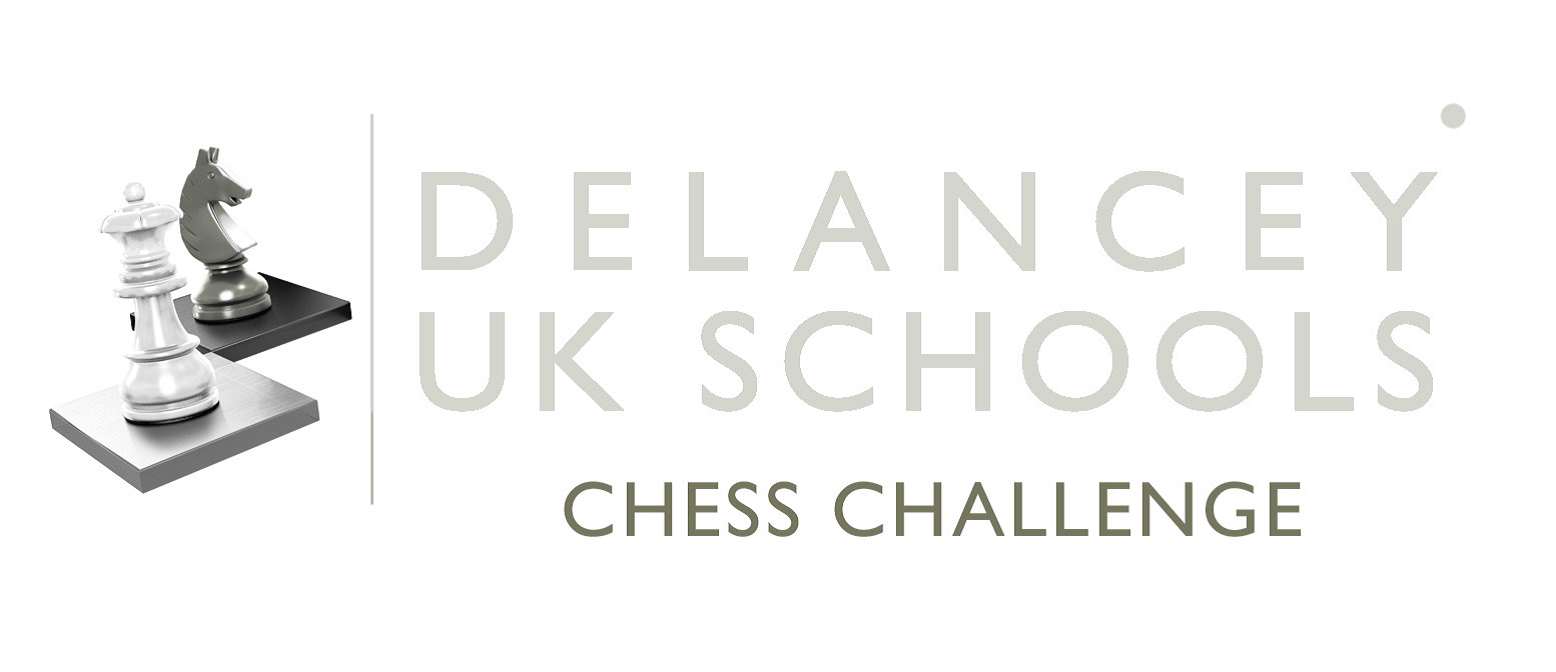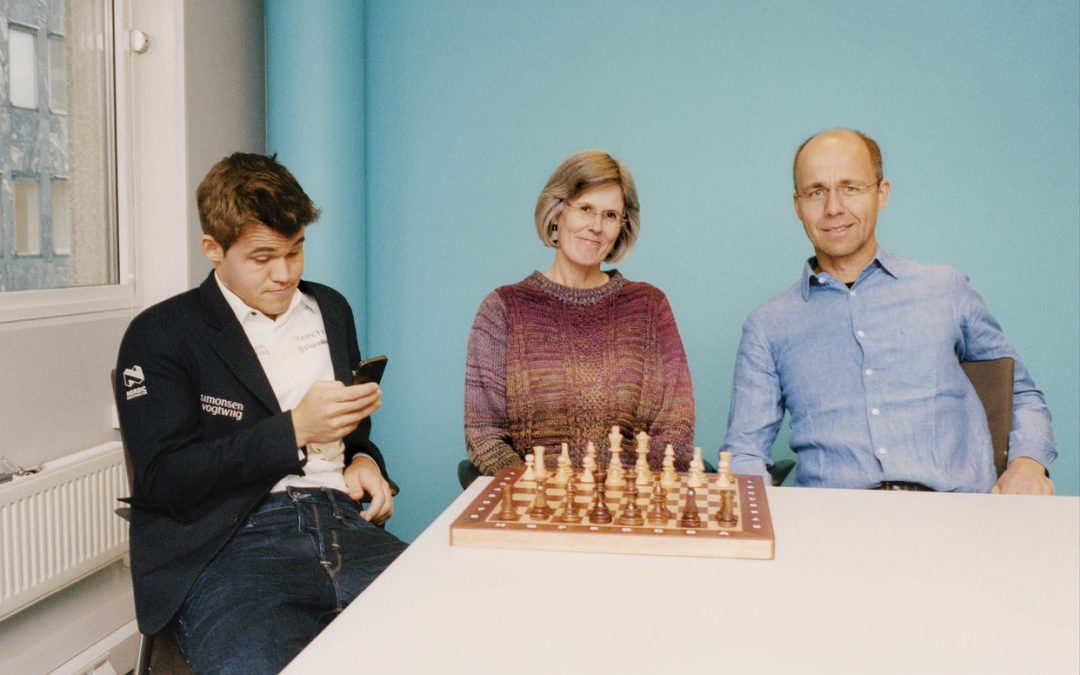Whether you are a non-playing parent or know a thing or two about chess one thing is the same – being a chess parent is a challenging role. Knowing how best to support your child and help them get the best out of themselves whilst dealing with the inevitable highs and lows is no picnic – so we thought we try and give you a bit of inspiration with this top 10 tips guide.
1) Ensure your child has practised before the event – explain to them the challenges and explain that hard work happens before the event. During the event you should ensure they are happy, well fed and getting fresh air.
2) If the game doesn’t go the way they want – cheer them up! Reflecting on the mistakes and errors isn’t especially useful during the competition. By all means encourage them to review the game and learn (time permitting) but it’s best to address with a mentor/coach afterwards. In my experience, children are more likely to listen to someone else that isn’t their parent – sorry! One of the worst mistakes I have observed is parents shouting at their children or asking them angrily how they lost. Remember they will be upset so you need to support them and hide your disappointment. Teach them to be resilient and bounce back – after all they will have to face far worse experiences in life than losing a game of chess!
3) Encourage them to find a resource they enjoy studying and then study it thoroughly. Do not get drawn into buying lots of expensive books, DVDs and computer engines. Players used to get really strong just by studying just a few books, and studying them well. Now that there are a mass of resources available it becomes a bit of a minefield. If you buy just a few books and then study them well this will accelerate their improvement at a faster pace.
Computer chess engines can be very damaging for children’s chess improvement and can make children ‘lazy’ as they can instantly find the strongest chess move without understanding why it is the strongest move. There’s nothing more valuable and rewarding for children to analyse their games using a chess board, without computer chess engines to really learn about the position. It can be helpful afterwards to check their analysis and compare with a chess engine.
4) Encourage your child to play to win. Players often offer draws in winning positions because their opponent has a ‘higher rating’. It’s much better to lose and have tried than to offer a draw and never have tried to win. Painful in the short term, but this attitude can create a very strong player in the long run. GM David Howell always did this as a child. I once said this to a student of mine in the world junior and he played to win and lost and then came out with the look of death. He is a fantastic player now and thanks me for it even if he didn’t at the time! Chess is a marathon not a sprint.
5) Focus on tactics and endgames – not openings. Many non-chess playing parents obsess about openings as they see other parents doing this. Most games are decided by blunders not openings. It’s good to have a basic repertoire but being a strong tactician is always going to be the dominating factor until at least 2000 rating.
6) Focus on the process of improvement rather than results. Try not to obsess over the results of rivals. I often hear “Oh wow ‘so and so’ has lost 50 rating points”…. If your child beats a great player, enjoy the success but don’t let it go to their heads.
7) Always strive to learn something from every game – whether it is a win, loss or draw. Chess is a fascinating intellectual journey for those that way inclined – let them enjoy it. The players that stick with the game and achieve real results are those that are passionate about it. I can name hundreds of my peers who have given up because they didn’t truly love the game.
8) Enjoy the social side of chess – parents have to sit around for hours whilst their children are competing. There are lots of great parents at events – lots of ‘chess mums’ love the social side. Meet new friends and and maybe try and arrange a training group for your child.
9) Be a good loser. I remember playing a very strong player and I won. I was so happy and assumed he would be upset or moody. He resigned the game and the first thing he said was “can we go through the game?”. There’s no better way to learn from a game you lost than going through it with your opponent. My opponent was hungry to improve and learn rather than wasting the opportunity being sad about the result. He continues to improve as he has the right approach.
10) Most importantly, ensure your child is enjoying chess, wants to play and is having fun. One of my most talented students had the best summer of his chess career winning all the top junior events and then his parents said to me “he doesn’t want to play anymore so we are not forcing it”. I was initially upset as he was one of my greatest talents but ultimately came to realise that this was a really mature approach – especially as the parents themselves were understandably disappointed. Twelve months later he is back playing as they let him choose what he wanted to do and he realised he missed chess!
So there we are – our 10 top tips for parents. We’d love to hear whether you’ve tried anything that we’ve missed. Please join our mailing list for more tips and news about chess events.

